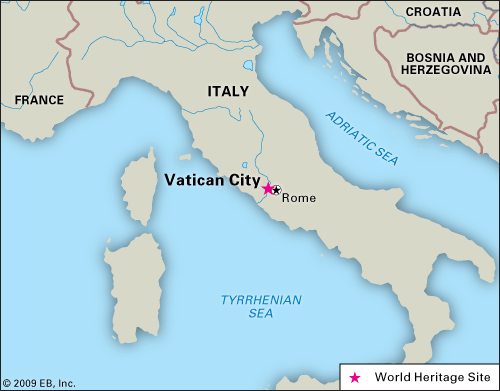
Product distribution companies in Guyana
Guyana, a small South American nation with a growing economy, has seen increasing activity in its product distribution sector, essential for moving goods throughout the country and connecting to broader markets. Distribution companies in Guyana play a critical role in transporting goods like food, beverages, pharmaceuticals, construction materials, and consumer products. Their presence and efficiency are vital for both domestic consumption and export.
1. Overview of Guyana’s Distribution Sector
Guyana’s distribution sector is characterized by several key players that cater to local needs and facilitate imports and exports. The development of this industry is spurred by Guyana’s strategic geographic location, close proximity to Caribbean markets, and strengthening ties with other South American countries. Additionally, recent oil discoveries have boosted the economy, resulting in increased demand for consumer and industrial goods, thus enhancing the distribution network’s importance.
2. Major Distribution Companies in Guyana
Several large companies dominate the product distribution landscape in Guyana, including:
Massy Distribution Guyana: As part of the wider Massy Group headquartered in Trinidad and Tobago, Massy Distribution Guyana distributes a range of products, from food and beverages to pharmaceuticals and household items. Its broad portfolio makes it a key player, linking international brands with Guyanese consumers.
Distribution Services Ltd. (DSL): DSL is a significant distribution company, particularly known for distributing well-known food and beverage brands, including Nestlé, Blue Band, and Unilever products. The company’s extensive reach ensures that many households in Guyana have access to popular imported products.
ANSA McAL Group: Also from Trinidad, the ANSA McAL Group is another prominent player in Guyana’s distribution sector, especially in the consumer goods and construction supplies markets. ANSA McAL’s comprehensive network aids in efficient distribution of products across the country, including popular brands and construction materials.
Beepats: A Guyanese company, Beepats is one of the country’s oldest distributors and has a strong local presence. It handles a diverse range of goods, including groceries, household items, and hardware supplies, which reach customers through an extensive wholesale and retail network.
3. Roles and Challenges
Distribution companies in Guyana focus on supplying a variety of goods across the country, including rural areas. They handle logistics, storage, and transportation to ensure products reach retailers, wholesalers, and even consumers directly. However, challenges include underdeveloped infrastructure, logistical issues caused by Guyana’s rugged terrain, and fluctuating import regulations. Companies often need to invest in transportation and storage facilities to manage product quality and availability.
4. Recent Developments and Trends
Recent economic growth has encouraged these companies to expand their operations and infrastructure. With rising oil revenues, many companies have started to explore new sectors like construction, technology, and luxury goods. Furthermore, distribution companies are increasingly adopting digital systems for inventory management, tracking, and customer service, helping them improve efficiency and responsiveness.
5. Impact on the Economy
Distribution companies contribute significantly to Guyana’s economy by ensuring product availability and driving consumption. They provide employment and support secondary industries, such as retail and transportation. As the economy grows, these companies are positioned to grow with it, supporting Guyana’s emergence as a stronger economy in the region.
In conclusion, product distribution companies in Guyana play a crucial role in the national economy. With the ongoing economic development and growing consumer demands, these companies are expected to expand and improve, ultimately enhancing product availability across the country and creating a more robust supply chain for both local and international products.









Leave a Reply